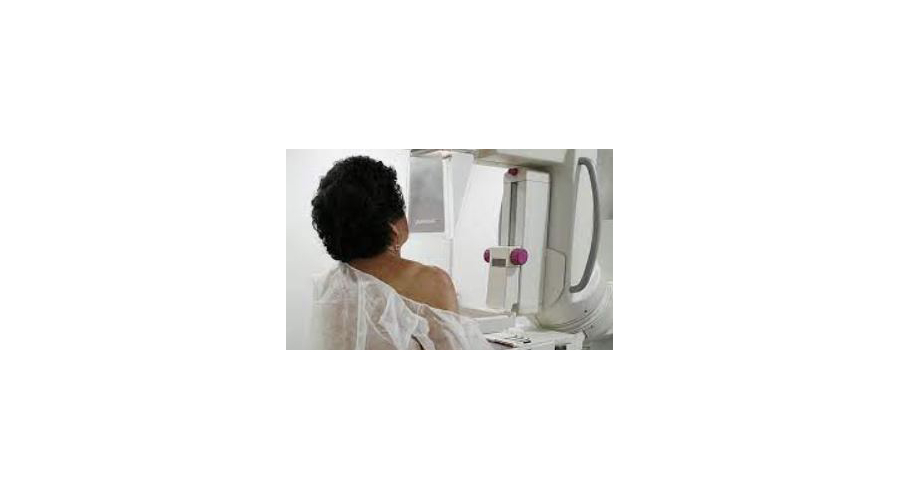3 January 2023
Quite recently Prime Minister Sogavare expressed his frustration that recommended projects and programmes outlined in the past by himself and previous governments had failed to materialise, I have much the same feelings when it comes to health care screening.
Now we have began a new year I once more write about what I suspect is still absent from basic health care services in the Solomon Islands - screening tests.
I am not a doctor but concerned enough for the general health of citizens of the Solomon Islands to consider screening tests should be part of medical services to detect potential health disorders or diseases in people that do not have any symptoms of the disease.
I base my considerations on the facts that early detection and lifestyle changes or surveillance are essential to reduce the risk of disease, or to detect it early enough to treat it most effectively. Screening tests are not considered diagnostic but are used to identify a subset of the population who should have additional testing to determine the presence or absence of disease
I give an example in my own situation that if early screening had been conducted with a simple blood test called a PSA test then it might well have been found I had the start of prostate cancer and early treatment offered.
I give more details of PSA testing in this brief overview of the necessity of screening programmes as part of public health services in the Solomon Islands.
Quote
When is a screening test helpful?
What makes a screening test valuable is its ability to detect potential problems, while minimizing unclear, ambiguous, or confusing results. While screening tests are not 100% accurate in all cases, it is generally more valuable to have the screening tests at the appropriate times, as recommended by your healthcare provider, than to not have them at all. However, some screening tests, when used in people not at high risk for disease, or when testing for very rare diseases, can cause more problems than they help.
Some common screening tests
Be sure to consult your doctor regarding the appropriate timing and frequency of all screening tests based on your age, overall health, and medical history. The following are some examples of common screening tests:
Cholesterol measurements
Cholesterol is a waxy substance that can be found in all parts of the body. It aids in the production of cell membranes, some hormones, and vitamin D. The cholesterol in the blood comes from 2 sources: the food you eat and production in your liver. However, the liver produces all of the cholesterol the body needs.
Cholesterol and other fats are transported in the bloodstream in the form of spherical particles, called lipoproteins. The 2 most commonly known lipoproteins are low-density lipoproteins (LDL), or "bad" cholesterol, and high-density lipoproteins (HDL), or "good" cholesterol.
Cholesterol screening is performed by a blood test. People with high cholesterol measurements from a blood sample have a higher risk for cardiovascular disease (CVD), than those with cholesterol in the normal range. Studies have shown that people with high cholesterol can reduce their risk for heart disease by lowering their cholesterol. It is important to understand, however, that people can still have heart disease even with cholesterol levels in the normal range.
Fecal occult blood test
Fecal occult blood is detected by microscopic analysis or by chemical tests for hemoglobin (blood) in the stool. People with blood in their stool may have a cancerous growth indicative of colorectal cancer. The test requires collection of 3 stool samples that are examined under the microscope for blood. It is important to understand that when blood is present in a stool sample, it can be due to other noncancerous factors, such as certain medications or foods, gastrointestinal bleeding, or hemorrhoids. Testing is recommended starting at age 50 by many organizations including the American Cancer Society.
Pap test (also called Pap smears)
Pap smears are samples of cells taken from the cervix in women to look for cellular changes indicative of cervical cancer. The Pap smear is an important screening test in sexually active women under the age of 65, to detect cancer at a stage when there are often no symptoms. It is important to understand that a Pap smear may be referred to as "abnormal," but may not mean that a person has cervical cancer. Some organizations also recommend HPV (human papilloma virus) screening in certain populations during the Pap smear.
Prostate specific antigen (PSA)
This blood test measures the prostate specific antigen (PSA) levels in the blood. Antigens are any substances that evoke responses from a person's immune system. The prostate specific antigen levels can be elevated in the presence of prostate cancer. However, it is important to understand that other benign prostate conditions may also elevate PSA, such as benign prostatic hyperplasia (BPH), which is noncancerous swelling of the prostate.
Mammography
Many organizations, recommend mammography screening for breast cancer every 1 year to 2 years after age 50. This test is done in conjunction with a clinical breast exam
Colonoscopy
A colonoscopy is recommended screening for colon cancer or colon polyps at age 50, earlier if you have a family history or other risk factors
Diabetes or prediabetes
The American Diabetes Association (ADA) recommends that all adults be screened for diabetes or prediabetes starting at age 45, regardless of weight. Additionally, individuals without symptoms of diabetes should be screened if they are overweight or obese and have one or more additional diabetes risk factors.
Source - John Hopkins Medical University, USA.
Yours sincerely
Frank Short



